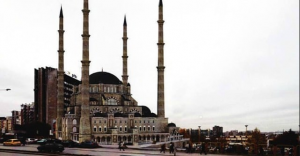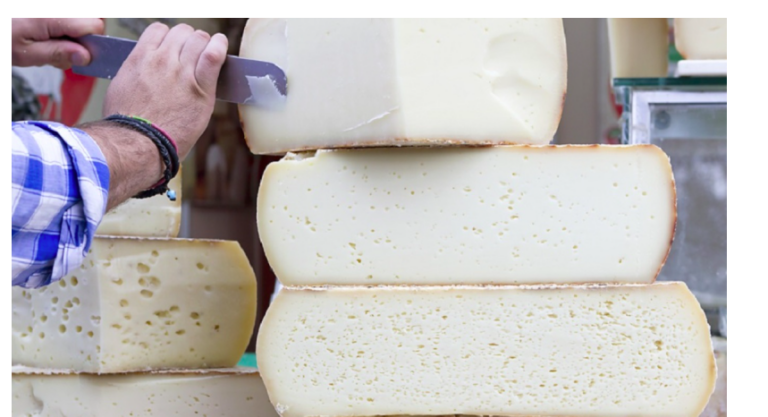It is six years since Islamic leaders and government officials laid the cornerstone of Pristina’s new central mosque – a slab of stone now hidden beneath weeds in a parking lot.
Pulling back the weeds reveals it is covered with bright red graffiti – death threats to Kosovo’s chief mufti, along with the words: “No Turkish mosque or there will be blood.”
There has been controversy over the design, including rejection of plans drawn by esteemed architects including Zaha Hadid in favour of a hulking carbon copy of any number of centuries-old, Ottoman-style mosques.
But now it seems this spot in the city’s Dardania district will finally get its new mosque. Construction is to begin in spring.
The mosque is a gift from Turkey to this Balkan state of 1.8 million, which celebrated its 10th anniversary of independence this year. The decade has been fraught. Twenty years after the war with neighbouring Serbia that killed thousands and displaced hundreds of thousands more, Serbia still considers Kosovo its territory. Some of the country’s leading Muslim religious leaders – Kosovo is 95% Muslim – say dozens of mosques that were destroyed still haven’t been rebuilt.
“In Europe they don’t have a single village without a church, but here in Kosovo are at least 50 villages without a mosque,” remarks chief mufti Naim Tërnava in his offices near the city’s Imperial Mosque. On Islamic holidays, the throng of worshippers at this Ottoman-era mosque, built in 1461, often spills on to the street outside. Tërnava is taken aback by the heated debate over Pristina’s new mosque – for him, it is a practical necessity, “for the worship of God, and nothing else”.
Kosovo is still struggling to carve out a place for itself in a restive part of Europe amid poor economic prospects. The young state needs all the friends it can get.
Read more HERE
Ask me anything
Explore related questions





